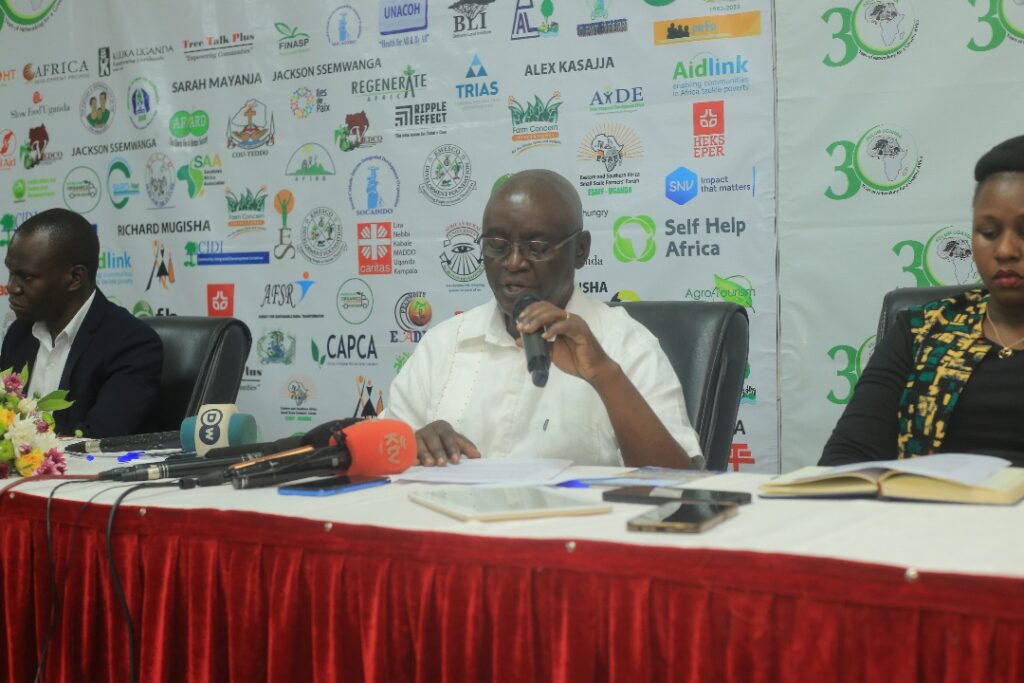Agricultural experts in Uganda are calling on the government to adopt more robust farmer-training programmes and institute policy reforms to promote agroecology as a pathway to resilient and sustainable food systems. The call was issued at the launch of the Agroecology Week of Action 2025 on October 27, which is being organised to raise awareness and mobilise action around ecological farming.
At the event, PELUM Uganda Country Coordinator Ms Josephine Akia emphasised that agroecology is more than ‘organic farming’. She described it as a holistic approach that applies both ecological and social concepts to the design and management of agriculture and food systems. Ms Akia warned that without strong institutional support, Uganda risks losing its indigenous food systems, seeds, and biodiversity—key assets for nutrition and resilience in the face of climate change.
She noted that the government, in partnership with PELUM Uganda, has announced plans for the country’s first National Agroecology Strategy. The strategy aims to support wider adoption of ecological farming practices, encourage relevant research, and develop markets for sustainably produced food.
PELUM’s Board Chairperson Mr Christopher Kyeswa indicated that the week’s events will bring together more than 1,500 stakeholders including small-scale farmers, indigenous knowledge holders, producer organisations, the private sector, researchers and policy-makers. Among the highlights are the 7th National Agroecology Actors’ Symposium and the 4th Agroecological Market Systems Expo.
Experts say the push for agroecology comes at a critical moment. Uganda faces pressures from climate change, environmental degradation and food insecurity. They argue that enabling policies, accessible training and seed-systems reforms are central to enabling smallholder farmers to transition from conventional to ecological agriculture.
As the week progresses, attention will turn to how policy commitments are translated into practical actions at the grassroots level, such as extension services and farmer training modules that integrate local knowledge, land rights and market access.

